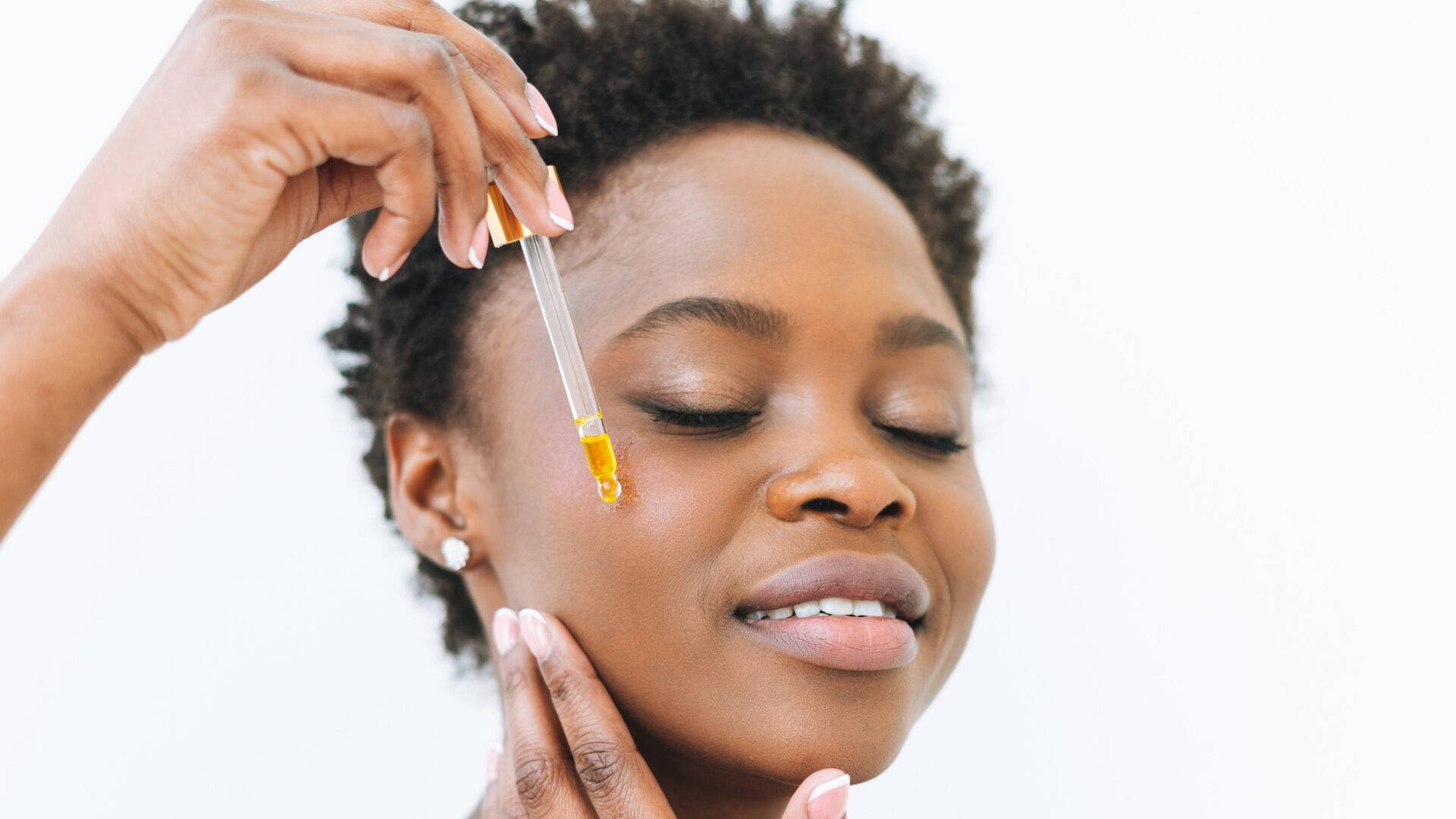
With the new implementations of DIY culture, social media, and, of course, trial and error experiments, it can seem like you’re jumping through hoops to achieve a consistent winter skincare routine that is effective. Especially those with sensitive skin conditions like eczema, severe acne, and psoriasis. According to esthetician Ashley White, it’s key for people to address skin concerns they are dealing with because it becomes easier to figure out what skincare to look for.
Soap and water may work for some, but it’s more to keeping your skin clean – winter skincare is about knowing what triggers your breakouts and how to manage annoying breakouts. This time of year can create challenges in having a successful relationship with your skin, so we dug into what different Gen-Z’rs wish they knew.
Ingredients Matter
“If you have a dehydration issue, you’re going to want to look for ingredients called humectants,” White said. “That can help infuse hydration or moisture content into the skin.”
For Andrew Moonsammy, 25, had he known about the importance of the ingredients in certain products, he would’ve known what products to stay away from. “I wish when I was a teenager had more knowledge on certain ingredients on what works and what does not, some people may have an allergic reaction,” he told GU.
You Can’t DIY Everything
When it comes to DIY culture, some are prone to overuse and get too heavy-handed with certain products, especially for winter skincare. Certain ingredients, such as baking soda, apple cider vinegar, raw lemon, and dairy are a few of the products that tend to get overused.
“Our skin doesn’t process and absorb food the way we eat and the way our enzymes digest food,” White said. “It’s not meant to be used that way, so DIY is okay sometimes when we talk about humectants, but dairy, baking soda, and lemon, absolutely not.”
As an esthetician, she has seen people harm themselves by trying to test those raw products and oils on their skin and suggests people use products that balance and hydrate, such as aloe, manuka honey, and vegetable glycerine.
Where You Live Affects Your Skincare
Many of us need to pay more attention to how our location affects how our skin reacts. Maintaining moisture is essential for those in colder regions, so your skin is not constantly drying out. “When we think about the summer, we’re dealing with a lot more humidity. So there’s a lot more moisture content in the environment that our skin hair nails can feed off,” White continued. “Up north there’s not a lot of moisture content in the environment.”
She’s seen that often during the winter months up north there needs to be more effort regarding taking proper care of your skin whereas people who live in warmer areas may need to be proactive regarding sweat and regulating the humidity their skin feeds off because the environment plays a significant role in how successful your skin health is.
Haircare Coincides With Your Skincare
Often during the winter, we tend to protect our hair for weeks and months at a time, but we do not realize how dryness in our hair can affect the dryness of our skin.
“During the colder months, people wear more protective styles, like braids and the scalp is a lot more exposed,” White told GU. “I wash my hair about one to two times a week when I feel my scalp [and] hair getting dry [because] the first step to hydration is water.”
Lourrain Simon, 23, realized her haircare affected her winter skincare the most when she got protective styles and noticed she was more sensitive to breakouts. “Around my hairline and sometimes my roots if the style is tight, and since I’m not following my usual [washing routine], it gets dry and flaky,” Simon said.
She realized she had to manage her hair and skin care on a routine level in the wintertime by keeping her hair from product overflow and incorporating toners and sunscreen. “I learned that moisturized skin helps promote the production of healthy cells, and that’s made a big difference for me.”
Moisture Is Everything
In the wintertime, moisture and hydration go hand in hand. To have a well-rounded winter skincare routine, increasing your moisture content should be the top priority. “Lactic acid is a really good exfoliant, and while it does help remove congestion it also helps improve moisture and a lot of dry skin tends to enjoy it,” White told GU. “Mandelic Acid is also [recommended] alpha hydroxy acid; however, it has a very large molecular structure and will have to absorb a lot slower because as your skin gets more sensitive the drier it gets.”
Giana Levy, 22, realized she needed extra moisture when she found out dry skin causes acne breakouts. “I was under this false impression that when I would get acne, to make the pimples go away faster without popping them, I thought the best way to approach it was to dry them out,” she told GU. “Once, I started going to a dermatologist, and I explained to her about my acne. She told me that it’s important to moisturize the skin, which actually helps with acne.”
About Kenyatta: Kenyatta Victoria is an entertainment and culture reporter passionate about music, pop culture, and marginalized stories. She has bylines in publications such as Chicago Reader, INSIDER, Girls United, TransLash Media, and the Chicago Tribune.